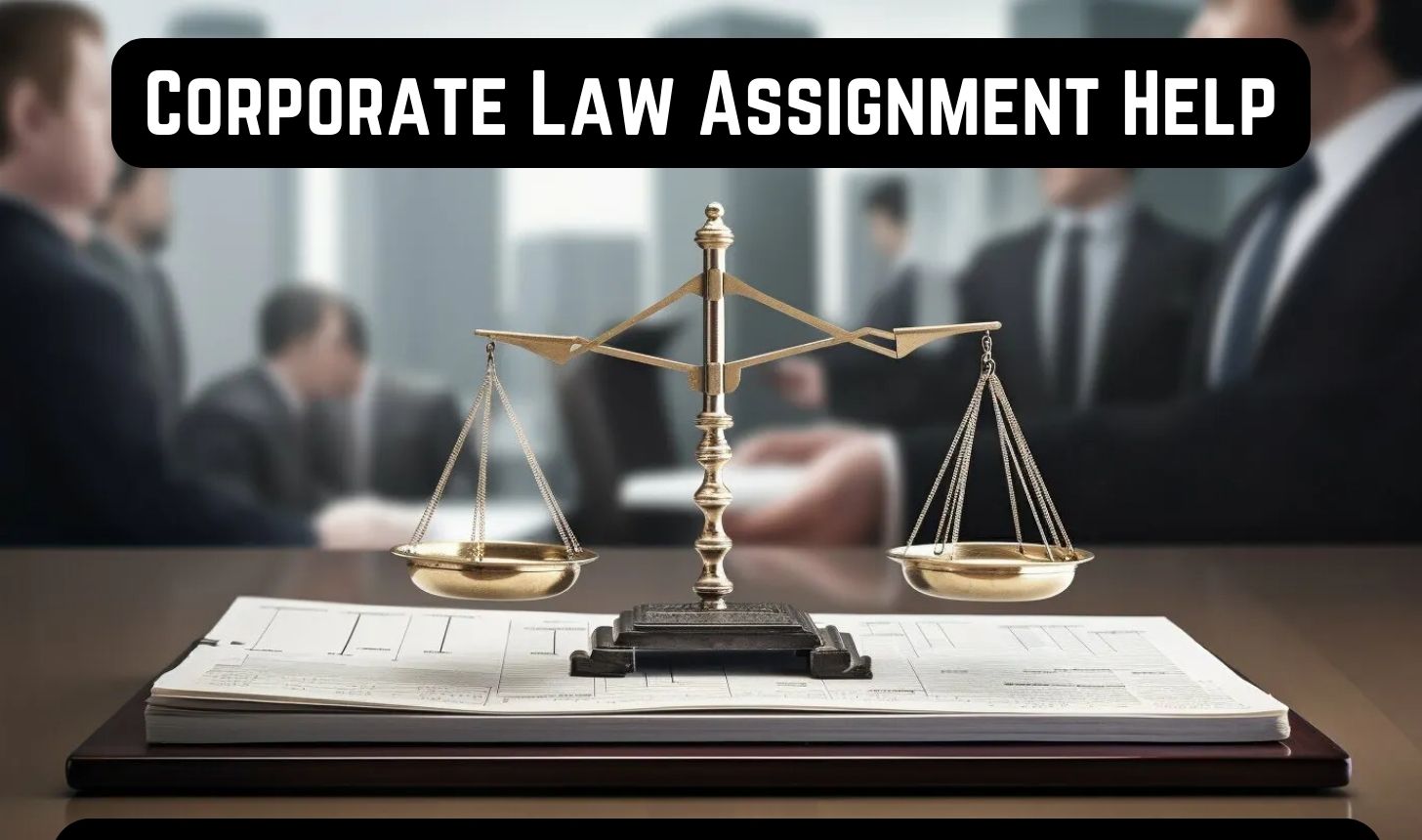RESPONSIBILITIES OF DIRECTORS IN AUSTRALIAN CORPORATE LAW
Directors are those persons who are generally responsible for the management of the company. They are the ones who are empowered with the decision-making process which is derived from the respective company’s constitution, shareholder’s agreements and the Corporations Act, 2001 which is the primary legislation dealing with the corporate law in Australia.
In Australia, for a proprietary company, atleast one director must be appointed who ordinarily resides in Australia, is of atleast 18 years of age and had consented to act as director. A director is appointed by shareholders or other directors. Directors derive their duties primarily from three sources i.e. the Corporations Act, 2001, common law, and other relevant legislations.
This blog titled, ‘Responsibilities of Directors in Australian Corporate Law’ deals with the main responsibilities that the director needs to follow and comply with.
Responsibilities of Directors
Following are the responsibilities of directors:
-
Duty of Care, Skill, and Diligence: The first responsibility of director is that he must exercise the degree of care and diligence that a reasonable person would either exercise if they were a director/officer of a corporation in the corporation’s circumstances or if they occupied the office held by that director/officer.
-
Duty to Act in Good Faith: Good faith, generally means acting without any mala fide intention. Though good faith is a very subjective term but an attempt is always made to view it objectively as much as possible. For a company as a whole, a director’s actions towards company must align with both the objective of the company and the objective of power when it was allocated in order to be considered in the category of good faith. A director must always act in good faith and in the best interests of the company and for a proper purpose.
-
Duty to Avoid Conflict of Interest: Director’s another responsibility is to avoid conflicts of interest. This basically means that a director will not enter into any such transaction or engagements in which he/she has a personal interest involved and this interest conflicts with his duties to company incorporated under the Corporations Act, 2001 and Common Law. It is generally expected from the directors that they fully disclose all the material interests that they can have possibly in a transaction.
-
Duty to Prevent Insolvent Trading: A company is insolvent when they are unable to pay all their debts whenever they become due and payable. Generally, a director breaches this duty when all of the following conditions are satisfied:
-
Person was a director at the time of debt.
-
Company is or becomes insolvent because of that debt.
-
There existed no reasonable grounds for suspecting the company is or would become insolvent.
-
Person fails to prevent the debt.
-
So, these were some of the major responsibilities that each director needs to comply with.
Conclusion
Hence, it can be understood that for the effective and efficient management of the company, it is very crucial that directors fulfill their key responsibilities provided by legislation and corporate law. They must exercise care, skill, and diligence in decision-making, and always act in good faith and in the best interests of the company while avoiding conflicts of interest. By fulfilling these duties, directors contribute to the company's stability and success.
If you are looking for assistance with university assignments, consider reaching out to reputable assignment writing services in Australia. These services employ knowledgeable Australia assignment writers who specialize in various fields, including Corporate Law. Whether you require Corporate Law Assignment Help or general support with your assignments, these services can provide expert guidance and personalized assistance. Additionally, many of these services offer affordable rates, making it a cost-effective option for students seeking cheap assignment help from experienced professionals.

